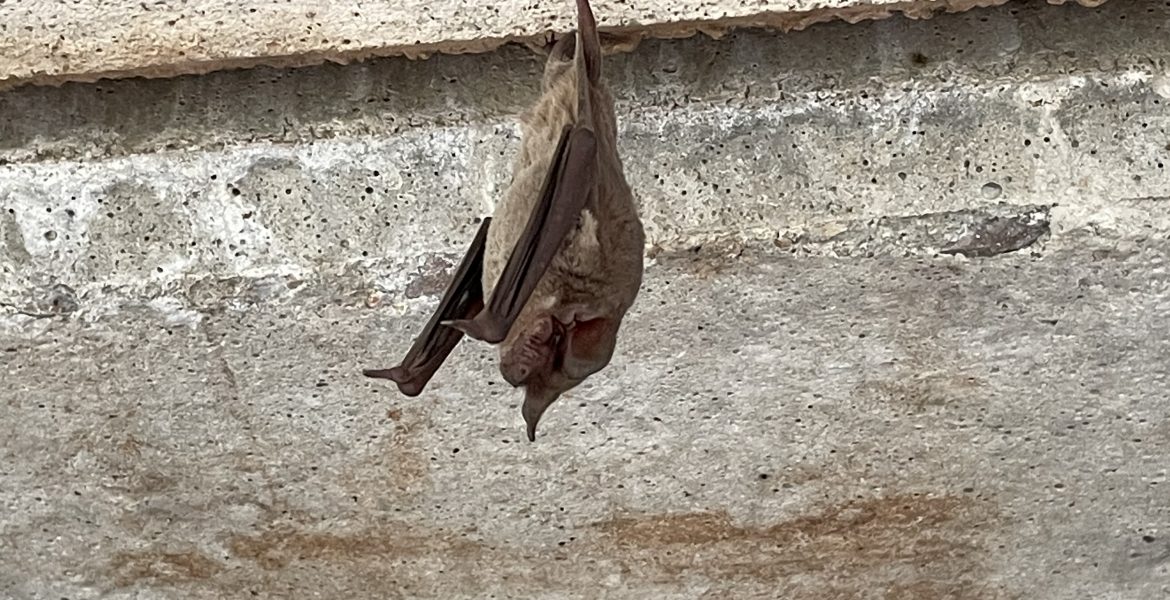Bats across the state have been found frozen to death or dead from weather-related injuries after February’s winter storm. Carcasses have been accumulating below highway bridges, and a former faculty member is helping to study the phenomenon.
Sara Weaver, senior ecologist at Bowman Consulting Group and former Texas A&M University-San Antonio biology lecturer, is collecting Mexican free-tailed bats for sampling. Bowman is a consulting firm found in most states. Environmental consulting is one of its specialties.
Bat samples will be preserved for future studies. Weaver said she is preparing a study proposal for the National Science Foundation.
The bats, which were traveling to Oklahoma, New Mexico and Texas after spending the winter in Mexico, were migrating through Texas as they made their way home.
Weaver said the freezing temperatures killed Mexican free-tailed bats.
“It’s likely the migratory individuals that were just starting to come back for the spring got caught by the storm and many of them roosting inside of bridges suffered mass die-offs,” she said.
The bats were not equipped for a week of freezing temperatures.
“The biggest issue with the storm event is that they were exposed to freezing temperatures for a prolonged period of time,” Weaver said. “The species physiology is not compatible with those types of temperatures.”
Mexican free-tailed bats can withstand cold temperatures for a couple of days.
“Based on other studies, we suspect that had it been a shorter-term event than there wouldn’t have been as high of an impact,” she said.
Weaver said some bats were unable to hold onto the crevices of the bridges and fell down.
“Depending on the height of the fall, a bat falling down to the ground and hitting concrete can cause severe trauma,” Weaver said.
Some bats that fell from the bridges died of impact injuries, although a few bats were already dead prior to falling.
Dead bats have been spotted in San Antonio off of I-10.
“Basically any of these large highway bridge structures that support bats suffered die-offs,” she said.
Weaver said there were no fatalities of bats that took shelter inside caves.
“The caves didn’t suffer these die-offs,” Weaver said.
It is unknown how many bats have died. Weaver said it is estimated about half of the migratory bats sheltering under bridges died.
Mexican free-tailed bats are abundant in Central Texas from spring to summer.
Bat Conservation International reported bats help ecosystems by pollinating, ingesting insects and scattering seeds.
“The species is more of a subtropical species,” she said. “Up until the mid-1900s they didn’t even overwinter here in Central Texas.”
Winter changes have caused bats to overwinter in more northern locations and higher altitudes, Weaver said she suspects it’s a result of climate change.
Weaver said she advised not to have contact with bat carcasses. The bats may carry diseases such as rabies.
To report a bat carcass, call 512-389-4848 or click here for more information on whom to contact.







